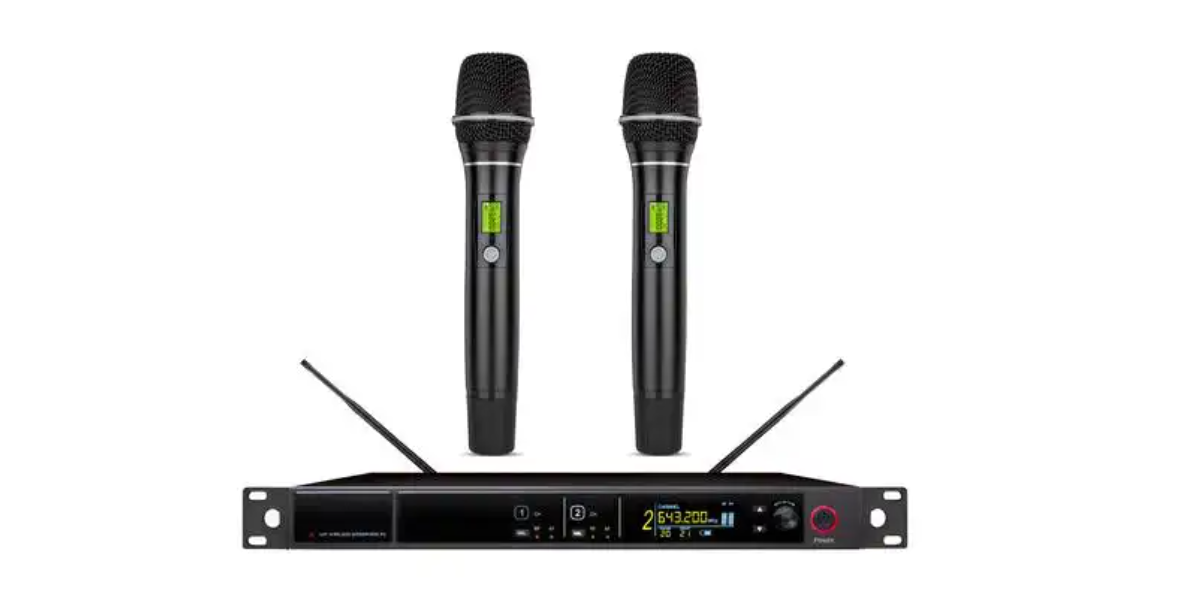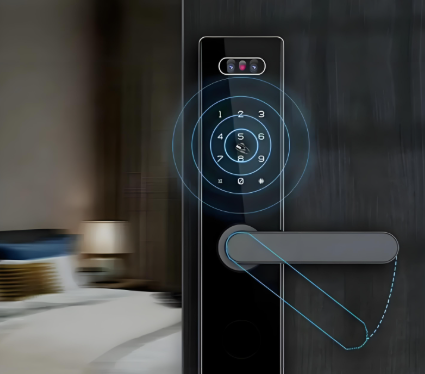
basic introduction
The Consumer Goods Safety Association (CPSC) of the United States passed the Consumer Product Safety Act (CPSIA) in 2008, placing many important regulatory responsibilities on manufacturers, distributors, retailers and exporters of consumer products, especially toys and children’s products. Toys and children's products entering the United States must meet CPSIA product safety requirements and be tested by a CPSC accredited testing laboratory to issue a children's product certificate (CPC) or general product certificate (GPC) to prove their compliance with relevant federal regulations and mandatory safety Standards and, where feasible, attach permanent tracking information to the product and its packaging.
ZRLK is an independent third-party testing and certification laboratory that has been recognized by CPSC. Our testing capabilities not only cover CPSIA requirements, but also extend to other regulatory testing requirements such as ASTM F963 for toys and children's products.
CPSIA testing
Lead in substrate (Chapter 101(a))
Lead in paint or surface coatings (Chapter 101(f))
8 phthalates (DEHP, DBP, BBP, DINP, DIBP, DPENP, DHEXP (DnHP), DCHP) (16 CFR 1307)
ASTM F963 test
Physical and mechanical testing
Fire test
Soluble heavy metal content
Total lead content
Soluble cadmium in small metal parts
Food contact material testing (FDA/21 CFR 170-189)
Hazardous Art Material Label (LHAMA-ASTM D4236)
Safety test of battery operated toys
Fill material cleanliness
Sound level test
Magnetic toy test
Toy cosmetics, liquids, pastes, putties, gels and powders

SRRC certification is one of the necessary conditions for products to enter the Chinese market for sale. It ensures that the wireless transmission characteristics of the wireless camera comply with national standards, avoiding communication problems caused by radio interference and ensuring the legality and compliance of the product.

FCC certification is a mandatory requirement for wireless device certification in the US market. Through FCC ID certification, wireless microphones can prove their compliance with US radio transmission standards, avoiding market bans or fines for violations. This is particularly important for products that hope to be sold in the US market.

KC certification ensures that products comply with relevant laws, regulations, and safety standards in South Korea, and is a necessary condition for smart door lock products to enter the South Korean market. KC certification covers wireless radio frequency, electromagnetic compatibility, and electromagnetic exposure. Strict testing and evaluation are required to obtain KC certification before products can be legally sold in the Korean market and gain consumer trust.
The Consumer Goods Safety Association (CPSC) of the United States passed the Consumer Product Safety Act (CPSIA) in 2008, placing many important regulatory responsibilities on manufacturers, distributors, retailers and exporters of consumer products, especially toys and children’s products. Toys and children\'s products entering the United States must meet CPSIA product safety requirements and be tested by a CPSC accredited testing laboratory to issue a children\'s product certificate (CPC) or general product certificate (GPC) to prove their compliance with relevant federal regulations and mandatory safety Standards and, where feasible, attach permanent tracking information to the product and its packaging.
Get a quote